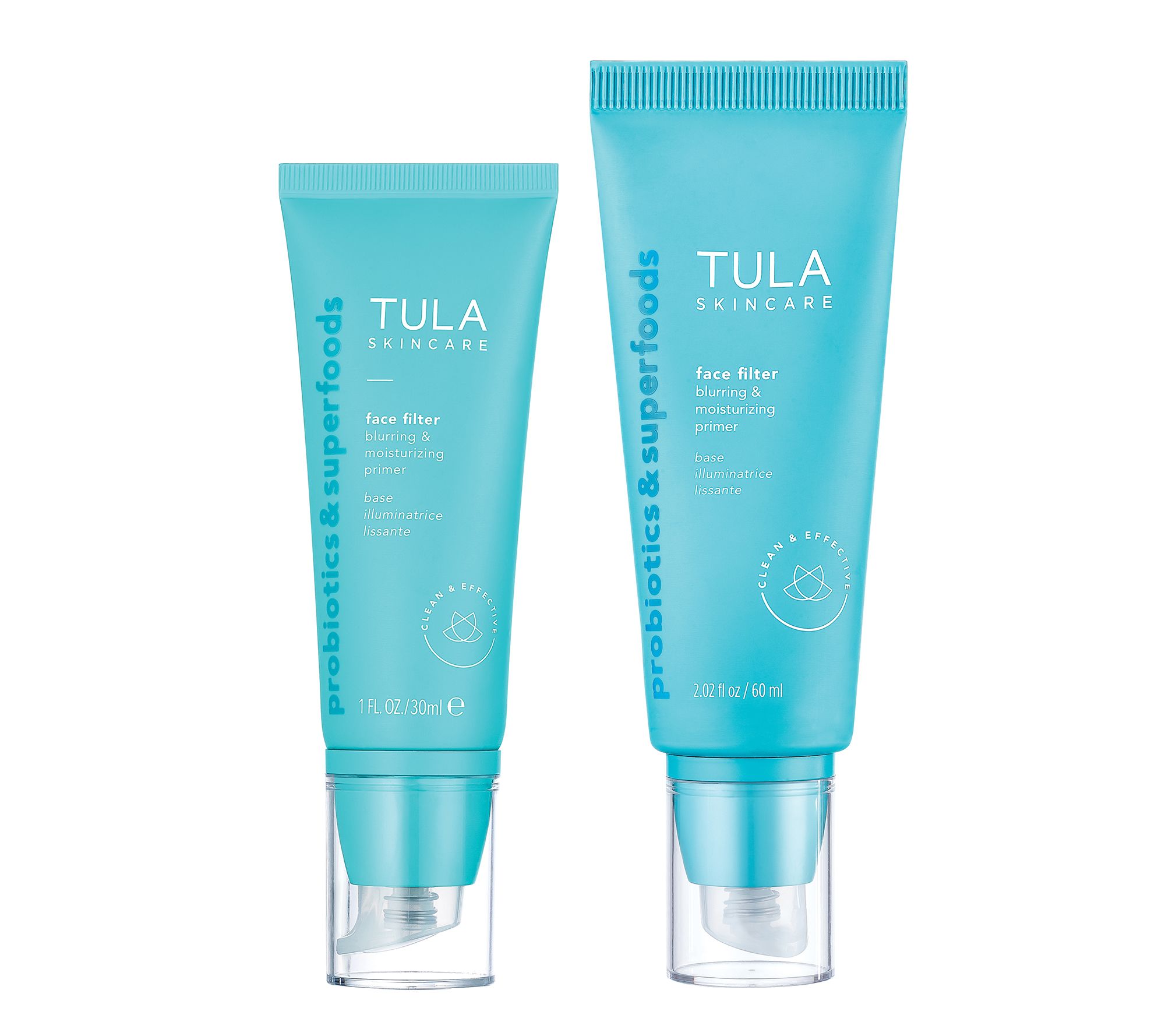Holiday Renewal Duet | Face & Skin Care | RéVive Skincare
This limited edition duet is the perfect way to renew your skin and get the holiday glow.
This limited edition duet is the perfect way to renew your skin and get the holiday glow.
Includes: Moisturizing Renewal Cream Nightly Retexturizer (1.7 oz./50 ml.), Moisturizing Renewal Eye Cream (0.5 oz/15ml)
Usage and Ingredients
Moisturizing Renewal Cream Nightly Retexturizer Ingredients
Visit Moisturizing Renewal Cream Nightly Retexturizer product page for ingredients. May also be used on neck, and chest. Apply nightly after cleanser, toner, and serum.
Moisturizing Renewal Eye Cream Ultra Retexturizing Hydrator Ingredients
Visit Moisturizing Renewal Eye Cream Ultra Retexturizing Hydrator product page for ingredients. Ophthalmologist tested, safe for contact lens wearers. Apply morning and night after cleansing.






by Brittany
Revive is incomparable to any other brand
by Yunzhu
I like it! It works as it promotes.
by Fran
I have been using the RéVive products for many years . Glad to be able to buy as a combo this holiday .
by Vinita
Absolutely wonderful promotion! Thank you so much! Love your products – always – and getting special pricing is always the best present!
by Andrey
Excellent hydration. In the morning, the skin looks healthy and toned.